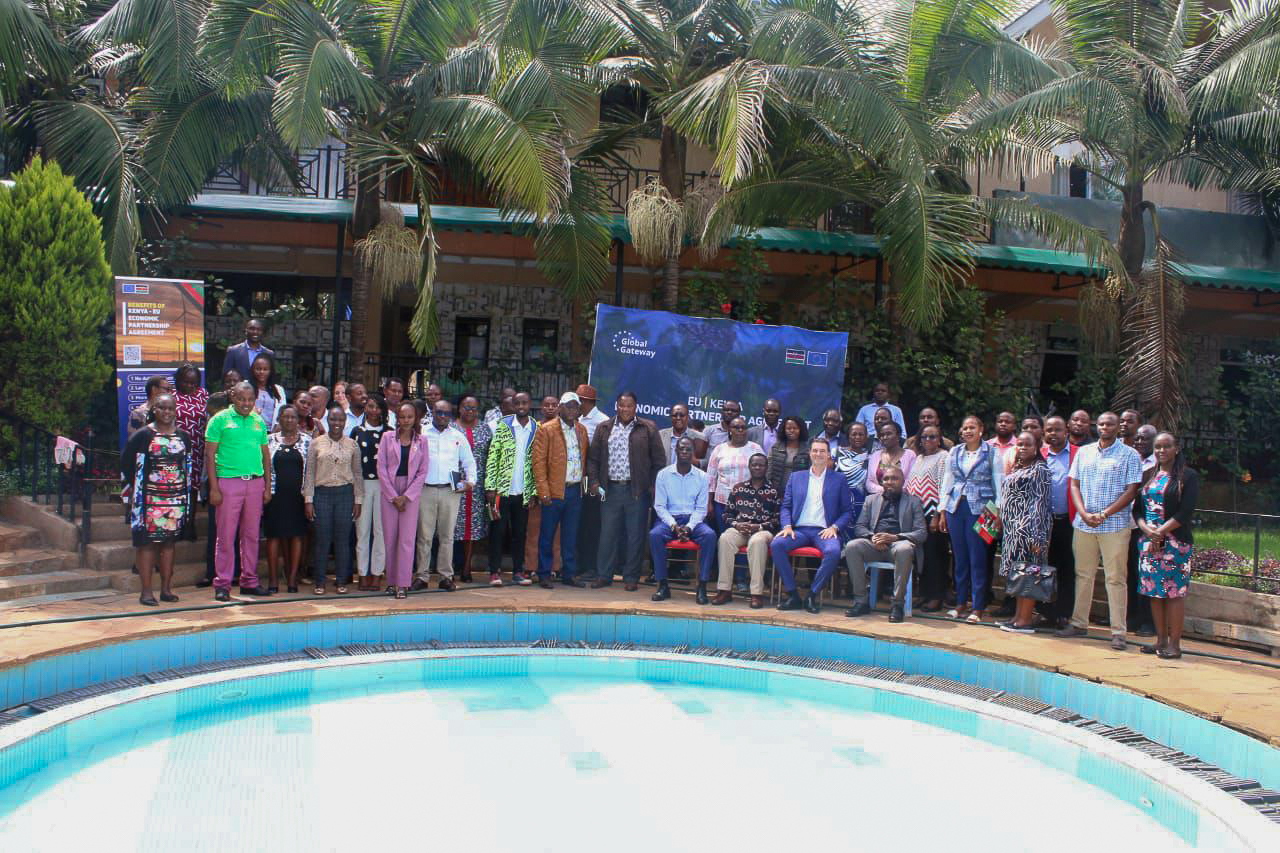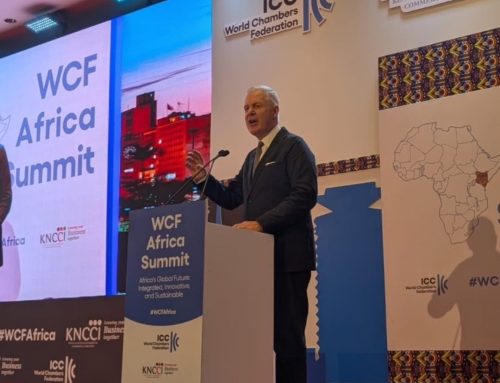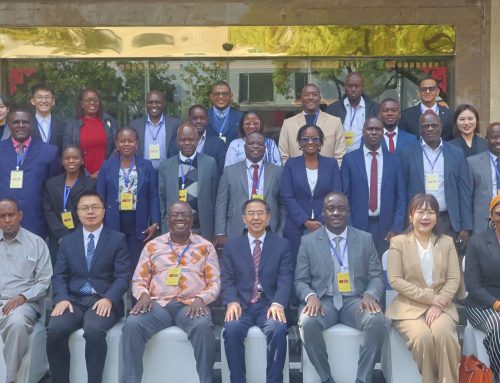The Kenya-EU Economic Partnership Agreement (EPA) Sensitization Workshop took place in Mwea, Kirinyaga County, on October 16, 2024. The event aimed to educate key stakeholders, including members of KNCCI, KAM, FCK, and ASOK, about the provisions, benefits, and opportunities presented by the EPA. It also explored its connections to sustainability, industrialization, and economic development. The EPA is part of a broader initiative to foster sustainable trade, economic cooperation, and integration between Kenya and the European Union. Under this agreement, Kenya will enjoy duty-free access to the EU market for all products, while gradually liberalizing 82.6% of EU imports over a phased period of up to 25 years.
The EPA covers key sectors such as trade in goods, agriculture, fisheries, and sustainable development, with specific provisions addressing sanitary and phytosanitary measures (SPS) and mechanisms for dispute resolution. Additionally, Environmental, Social, and Governance (ESG) principles play a pivotal role in the agreement, with commitments to responsible business practices, climate change mitigation, labor standards, biodiversity conservation, and gender equality.
The workshop underscored the growing significance of EU regulations on sustainability, such as the Corporate Sustainability Reporting Directive (CSRD) and the Carbon Border Adjustment Mechanism (CBAM), which are expected to impact trade and supply chain management.
The EPA presents substantial economic opportunities for Kenyan businesses, providing duty-free, quota-free access to the EU market. This access will boost competitiveness and promote value addition, particularly in the agriculture sector. Sectors like floriculture, horticulture, and tea exports are poised to benefit, supporting rural development and job creation. EU businesses will also benefit from easier market access to Kenya, especially in sectors like capital equipment and technology, fostering investment and partnership opportunities.
However, challenges remain, particularly in managing the liberalization process within the East African Community (EAC) Common External Tariff and addressing increased competition from EU imports. To mitigate these concerns, the EPA includes an exclusion list for sensitive sectors, trade remedies, and protections for infant industries for up to 15 years. Additionally, a comprehensive review is mandated every five years to assess the agreement’s impact and make necessary adjustments.
The workshop aimed to equip participants with a thorough understanding of how the EPA will influence trade, economic growth, and sustainability. Attendees were encouraged to explore ways to maximize the benefits of the agreement while ensuring compliance with emerging regulatory requirements, particularly in sustainability. Resources such as the Access2Markets platform were recommended for further guidance on exporting to the EU.







Leave A Comment